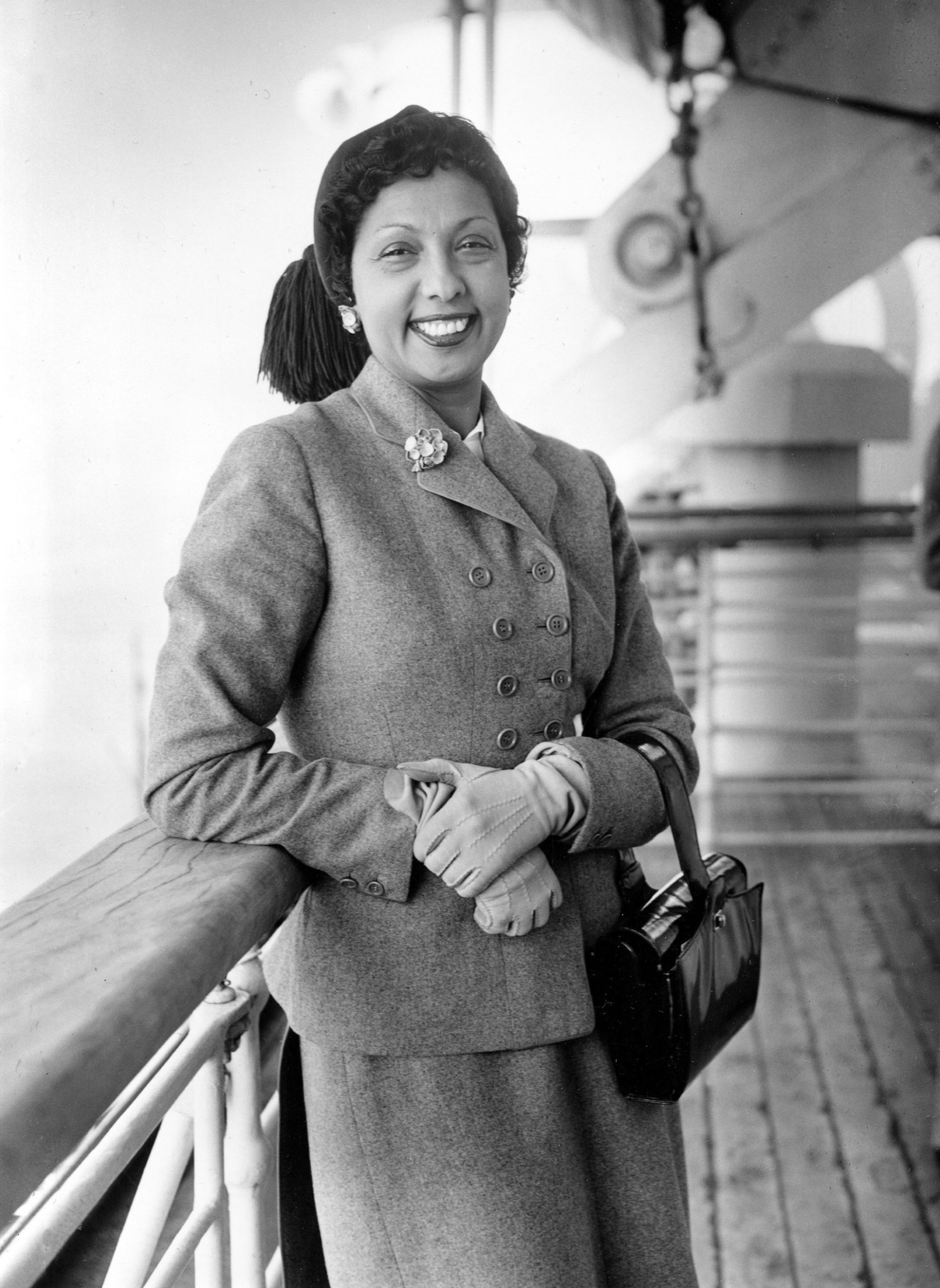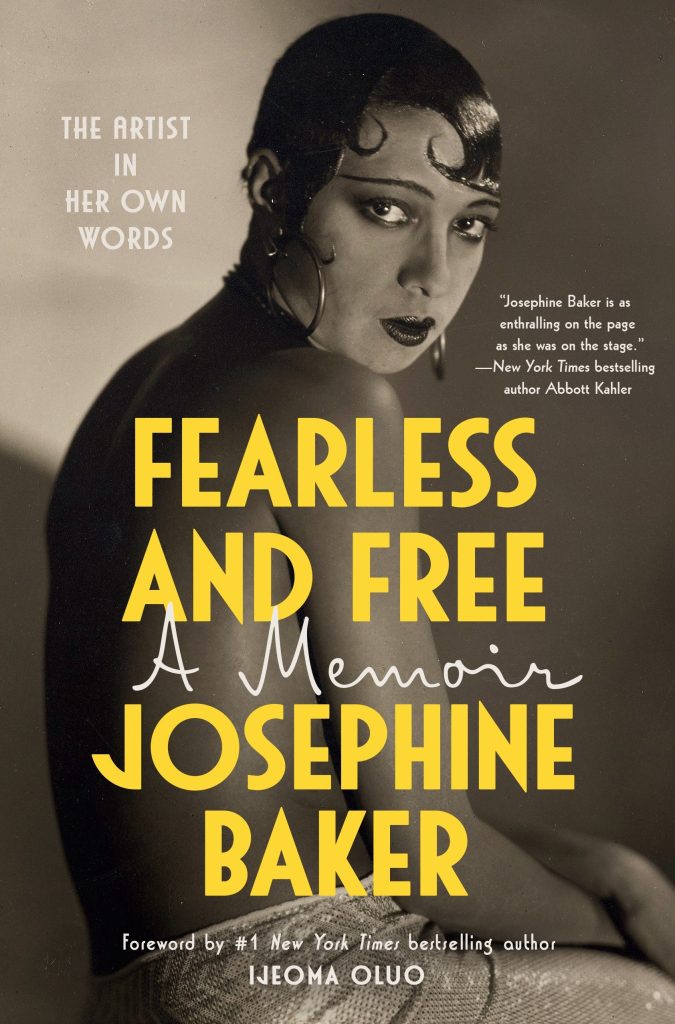 You march to the tun of your own drummer because you like the beat.
You march to the tun of your own drummer because you like the beat.
It’s the same cadence you carry in your heart and soul, and it sets your pace and your path. No one else’s pulse matches yours, no one else’s rhythm will do. You march to your own drummer and as in the new memoir, “Fearless and Free” by Josephine Baker, translated from the French by Anam Zafar and Sophie Lewis, you dance to it, too.
When he first met Josephine Baker in 1926, journalist Marcel Sauvage suggested that she might want to write her memoirs and the twenty-year-old Baker laughed at his idea. Later that year, when he sat down to hear her story, he learned that Baker was prone to laughter.
She was born into poverty in 1906 in St. Louis, and she told Sauvage that she began dancing to keep warm. She grew to love being a performer, but earning money was more important so Baker left school at age eight to work. For the rest of her life, she carried a painful lesson and a love of animals from her first job.
She made her official debut in Philadelphia at age 16, and worked her way to a better-paying job in New York before leaving for Paris, where she was a national sensation. Audiences couldn’t get enough of her humor or her then-scandalous “banana dance.” Oooh, la la!
Baker was welcomed, not just in France but around Europe, where her performances were celebrated. She shared with Sauvage all the places she’d been, and which were here favorites. She reminded him that she’d once known poverty, which is why she tried to help poor children and widows in the cities in which she performed. She told him about the people she knew and those she loved, though she promised that she wouldn’t give details.
She had little good to say about her return to America…
As biographies go, “Fearless and Free” is very good, but only to a point.
Though journalist Marcel Sauvage briefly touches on Josephine Baker’s later life and he hints at her work during World War II, that work is not addressed, nor is Baker’s famous “Rainbow Tribe.” Missing, also, is her later life. In short, the book is too short.
And yet, what’s here is stellar. Baker was funny and wise and single-minded and that all comes out in her words, as Sauvage kept them. You’ll be delighted in that, but you may be surprised at the almost-gentle way she talked about the racism she experienced on return visits to America. Readers may get the sense that Baker was absolutely the type to stand up for herself, but she also understood that stardom, in the Jim Crow era, demanded discretion.
This is the kind of book that’ll make you search online for videos of its author onstage, and it’ll send you in search for other books about Josephine Baker. Though it doesn’t include enough years, if you love biographies, “Fearless and Free” can’t be beat.



